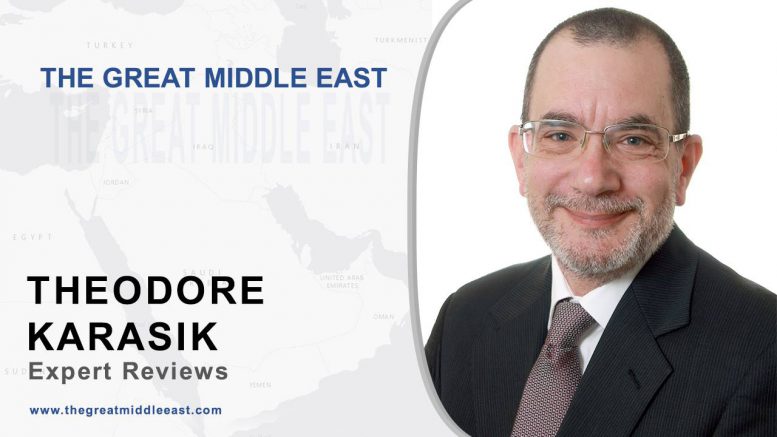Donald Trump visited Saudi Arabia where he had a number of meetings. In particular, it became known about a major arms deal between Saudi Arabia and the United States. It’s no exaggeration to call this visit historic for the region. With a request to comment on the significance and consequences of the visit, we turned to Theodore Karasik, Senior Advisor to Gulf State Analytics in Washington DC.
How do you think the complicated relations between Iran and Saudi Arabia will develop now? Do you think that Iran will become more tolerant towards the Saudis?
The Saudis and their allies want Iran to stop its expansionist activity into Arab lands, halt militaristic behavior with missile production and launches, and cease supporting Shiite extremists groups. This is their point of view basically spelled out by Deputy Crown Prince Mohammed bin Salman in his televised interview on al-Arabiya recently. US President Donald Trump also drove home the point about Iran’s perfidy. Iran, in turn, slammed Saudi Arabia and its allies including the United States for hypocrisy. Tehran is likely to up its game in Arab lands, and make trouble in maritime sealanes and disregard attempts by foreign powers to halt missile tests. Tehran, of course, has learned this stunt from Pyongyang.
While Iran is deep into Arab lands and doing business with Saudi allies, Riyadh is encircling Iran through a variety of soft and hard power networks that are in Pakistan (Baluchistan), Tajikistan, Turkmenistan, Afghanistan and Azerbaijan. This is a space to watch. This encirclement idea is not new but now has an added twist with a more aggressive and muscular Saudi foreign and security policy.
Overall, sides are being taken on the role Iran is playing in the region and beyond. Saudi Arabia seeks to put Tehran literally out of business. Whether this will become reality or not depends on a number of variables both internal to Iran and outside of the Islamic Republic.
Clearly, we are entering an escalation ladder in terms of the Saudi-Iranian competition in the region. With the multi-level civil wars in Libya, Syria, and Yemen, Riyadh and Tehran are likely to battle it out beyond simple rhetoric. Saudi Arabia and allies are establishing the Islamic Military Alliance to Fight Terrorism (IMAFT) to be a NATO-like organization based on organizational and tactical lessons learned from Operation Inherent Resolve. This fact, according to the Riyadh Declaration, is an important step to build up a military and constabulary force of 40,000 troops for deployment. Iran, already heavily vested in the Levant and in Yemen, is unlikely to retreat. Moscow comes into play here and the Kremlin knows that it can be interlocutor on preventing an escalation. However, in a few years, based on the current trajectory, Saudi Arabia and Iran may engage each other in a battlespace instead of by proxy.
Twitter @tkarasik



Be the first to comment at "Theodore Karasik: Saudi Arabia seeks to put Tehran literally out of business"